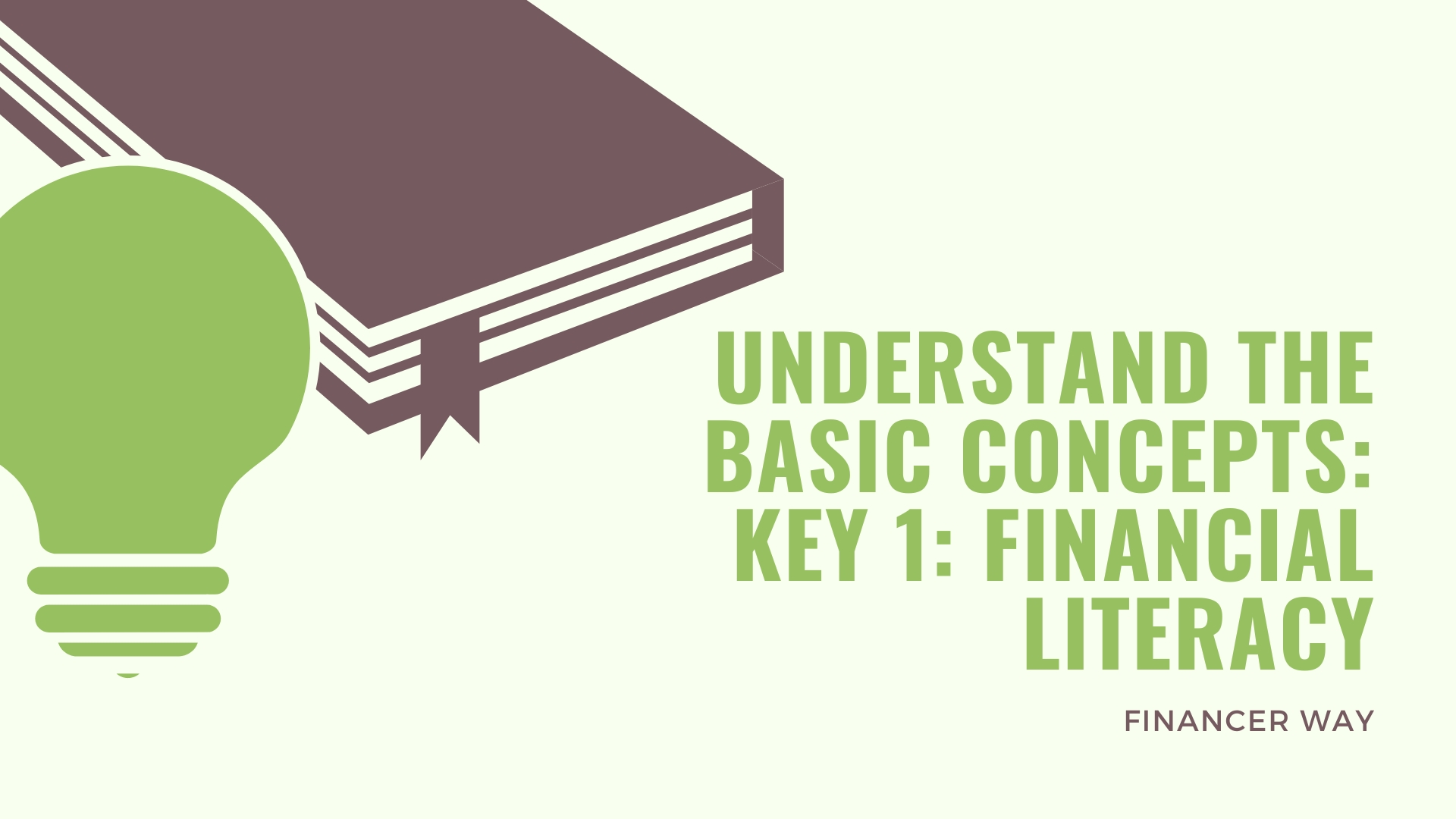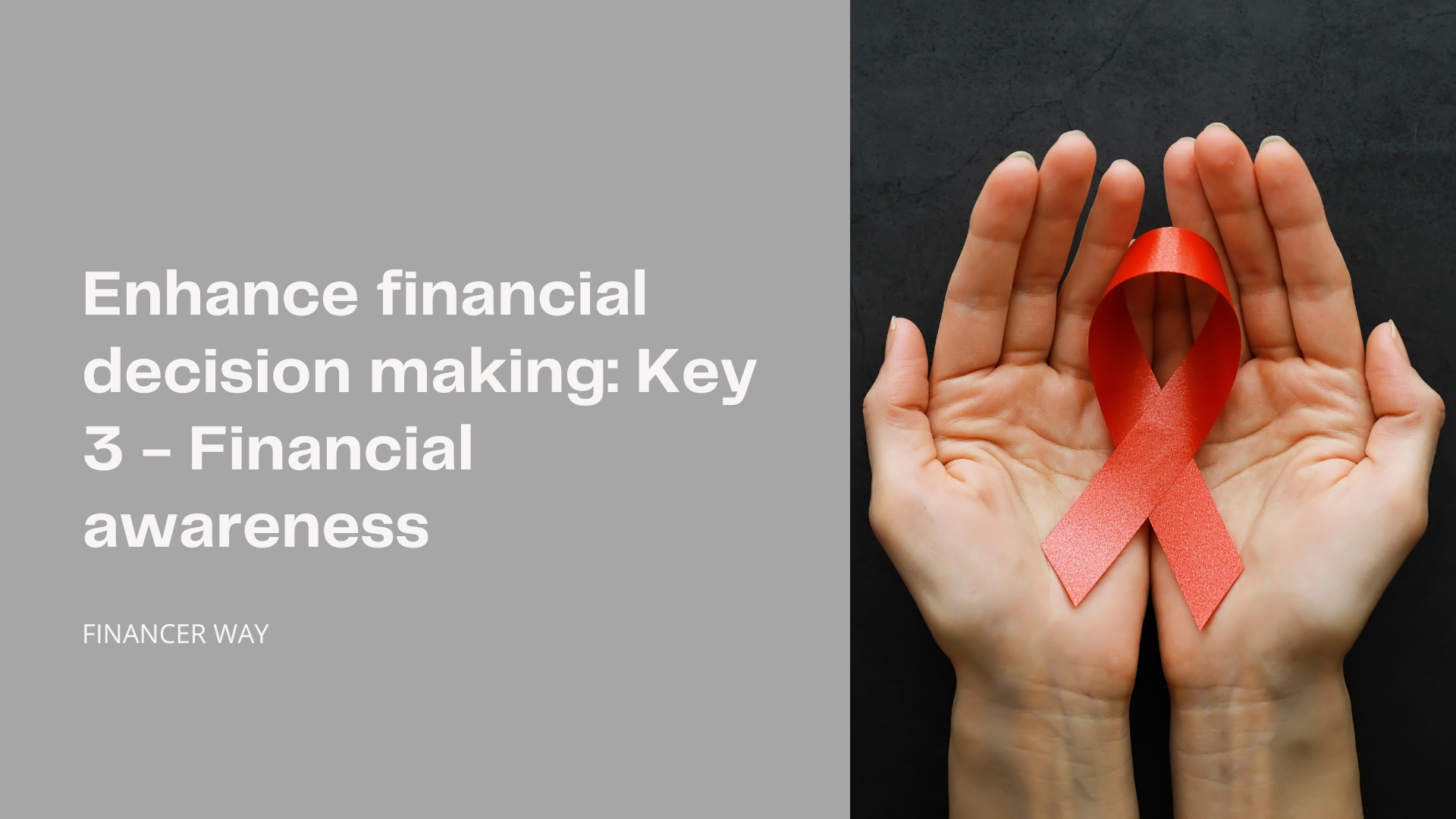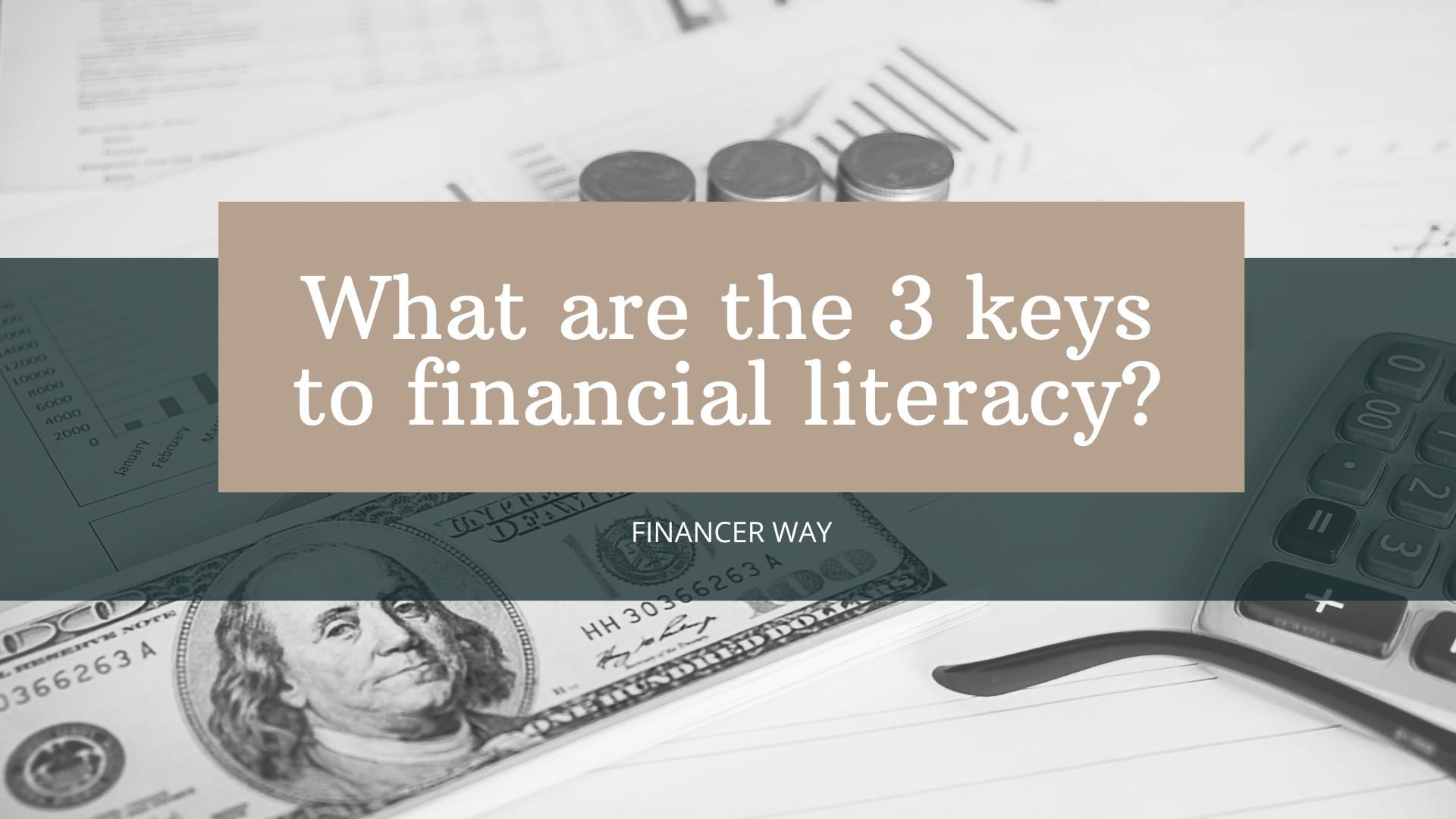Find the keys to financial literacy: education, planning, and awareness. Empower yourself for a secure financial future.
In today’s complex financial landscape, financial education is a symbol of empowerment that guides people toward sound financial decisions and a secure future. As we navigate the complexities of personal finances, it becomes important to understand the fundamental keys to financial literacy that can pave the way to financial stability and success.
Understand the basic concepts: Key 1: financial literacy

Financial education is the basis of financial education. Without a comprehensive understanding of basic financial concepts, people can find themselves lost in a sea of complex terminology and confusing options. Financial education serves as a foundation upon which people can develop their financial knowledge and skills.
Importance of financial literacy
Financial education covers a wide range of topics, from budgeting and saving to investing and retirement planning. It provides people with the tools necessary to make informed decisions about their finances and enables them to navigate various financial situations with confidence and competence.
Invest in financial literacy
Investing time and resources in financial education is a wise decision with far-reaching benefits. Whether through formal education programs, online courses, or self-directed learning, becoming financially literate is an investment in itself that pays dividends throughout your life.
Build a solid foundation: Key 2 – Financial planning

Armed with the knowledge gained through financial education, individuals can begin the journey of financial planning. Financial planning involves setting achievable goals, creating a roadmap to financial success, and implementing strategies to achieve those goals effectively.
The role of financial planning
Financial planning provides a framework for people to align their financial decisions with their long-term goals. This includes various aspects such as budgeting, debt management, establishing an emergency fund, and setting savings and investment goals.
Benefits of financial planning
By engaging in financial planning, people can gain clarity and control over their finances, reduce financial risks, and work toward achieving their aspirations. This allows them to make proactive decisions that support their financial well-being both now and in the future.
Enhance financial decision making: Key 3 – Financial awareness

In the changing financial landscape, financial awareness is emerging as an important component of financial education. Being financially aware includes staying aware of economic trends, understanding market dynamics, and being alert to potential threats and opportunities.
Importance of financial awareness
Financial awareness allows people to make informed decisions based on changing circumstances. Whether monitoring investment performance, adjusting financial strategies, or identifying growth opportunities, financial education allows people to deal with the complexities of the financial world with awareness and knowledge.
Creating financial awareness
Creating financial awareness involves staying informed through multiple channels, such as financial news, industry publications, and professional advice. This requires a proactive approach to keeping track of one’s finances and adapting to changes in the economic landscape.
Conclusion
Finally, financial education serves as a beacon of empowerment in today’s complex financial world. By understanding and implementing the three keys to financial literacy (financial literacy, financial planning, and financial awareness), individuals can open the door to financial freedom and security. Through continuous learning, diligent planning, and careful awareness, people can navigate the ups and downs of their financial journey with confidence and resilience.
Frequently asked questions (FAQ)
1. What is financial education?
A. Financial literacy refers to the ability to understand and effectively manage various aspects of personal finances. This includes knowledge of concepts such as budgeting, saving, investing, and debt management.
2. Why is financial education important?
A. Financial education is essential to making informed financial decisions that can lead to long-term financial stability and success. It allows people to manage their finances responsibly, plan for the future and face various financial challenges.
3. How can I improve my financial knowledge?
A. Improving financial literacy involves financial education, which can be obtained through a variety of sources, such as attending workshops, reading books, taking online courses, and seeking guidance from financial professionals.
4. What is financial planning?
A. Financial planning is the process of determining financial goals, creating a plan to achieve those goals, and implementing strategies to manage finances effectively. This includes budgeting, saving, investing, and preparing for unexpected expenses or emergencies.
5. How does financial awareness contribute to financial education?
A. Financial literacy includes being aware of economic trends, market conditions, and financial opportunities and risks. It enables people to make informed decisions and adapt their financial strategies to changing circumstances, thereby increasing their overall financial literacy.
Additional resources for financial education
1. Online courses:
Platforms like Coursera, Ademi, and Khan Academy offer a wide range of courses on personal finance, investing, and financial planning.
2. Financial education websites:
Websites like Investopedia, The Balance, and NerdWallet provide valuable resources, articles, and tools to improve financial literacy.
3. Books:
Books such as “The Total Money Makeover” by Dave Ramsey, “Rich Dad, Poor Dad” by Robert Kiyosaki, and “The Intelligent Investor” by Benjamin Graham provide valuable information on personal finance and investing.
4. Financial Advisor:
Consulting a financial advisor can provide you with personalized guidance and advice tailored to your specific financial situation and goals.
5. Workshops and Seminars:
Attending workshops and seminars organized by financial organizations and experts can provide valuable information and knowledge on various aspects of financial education.
